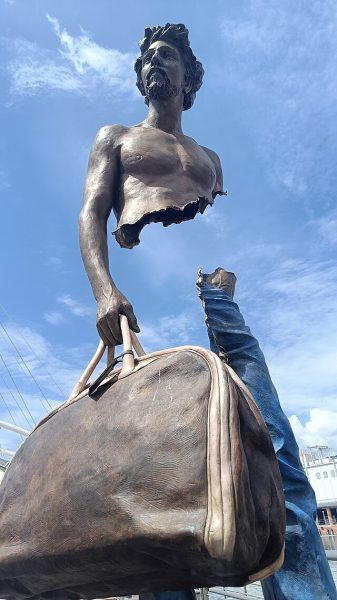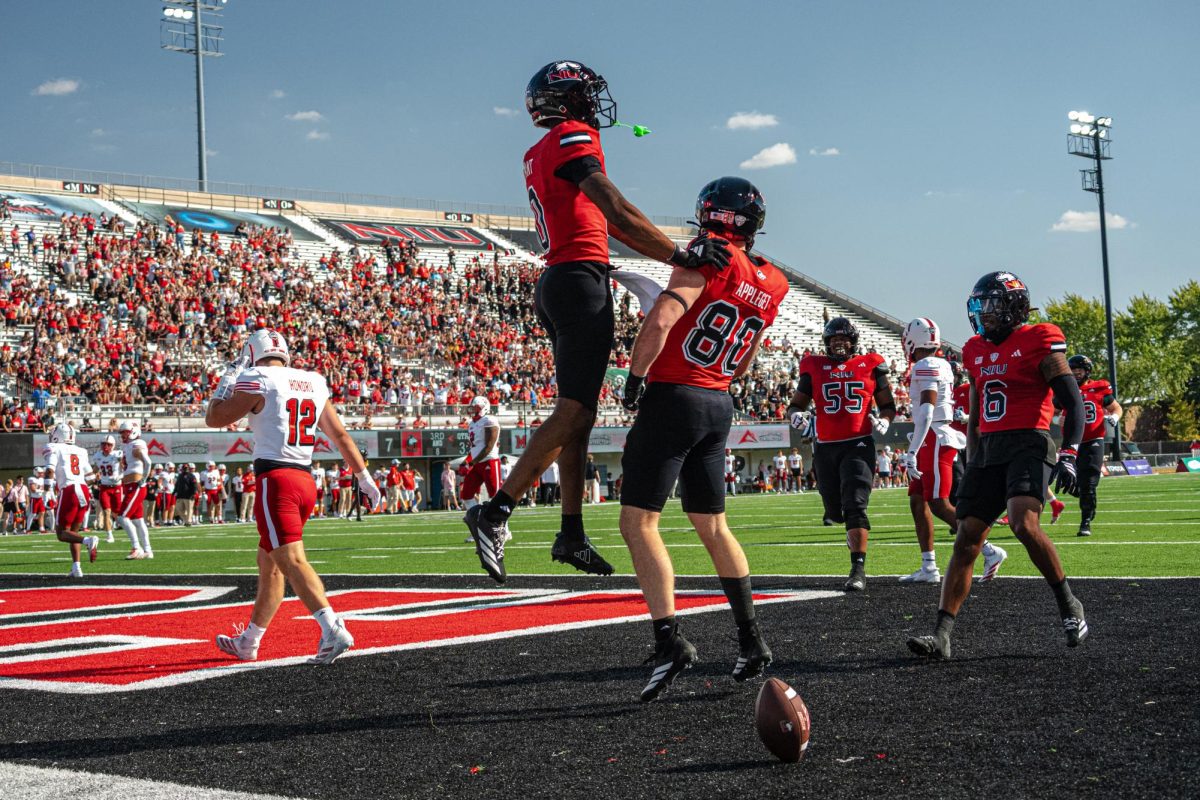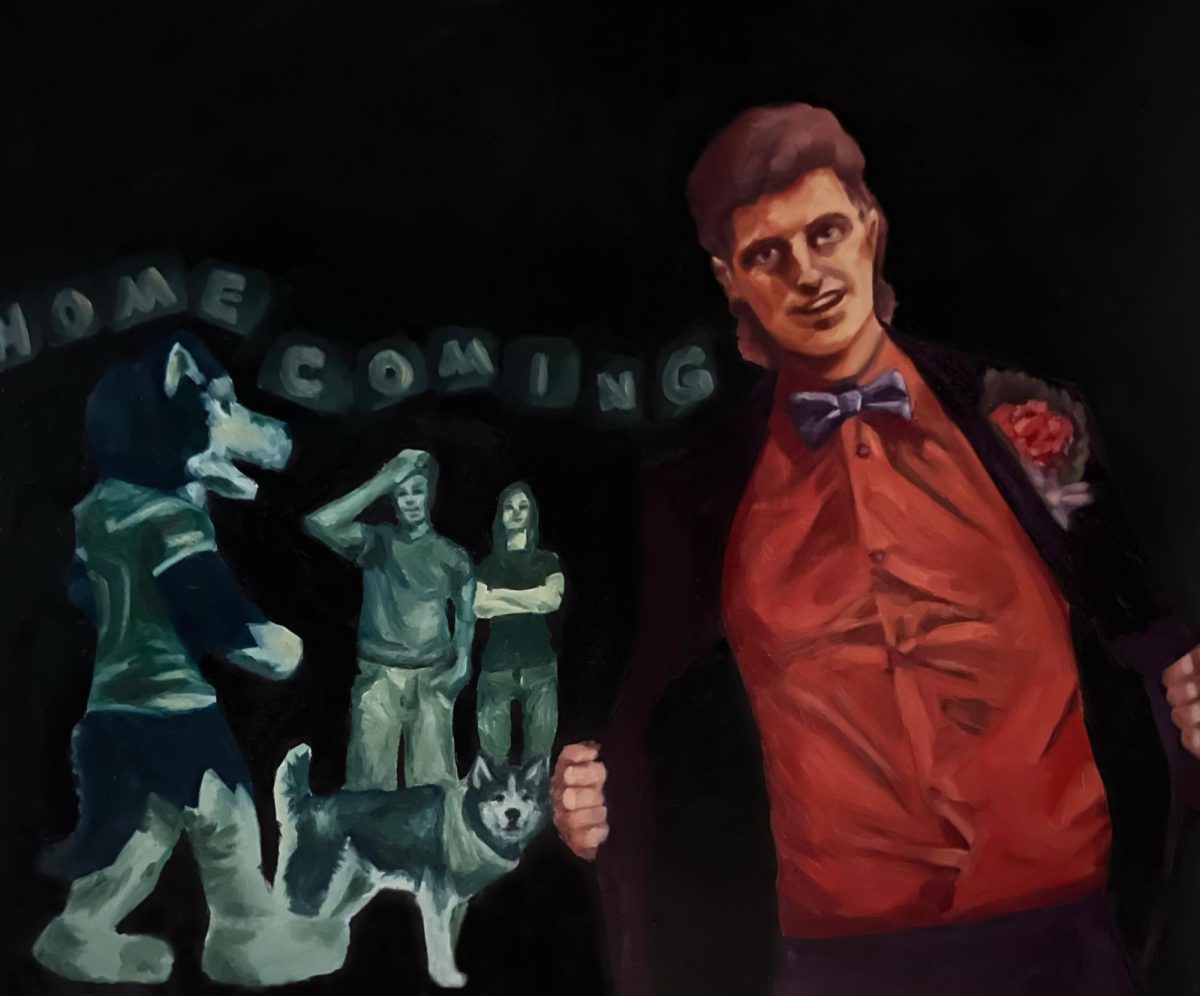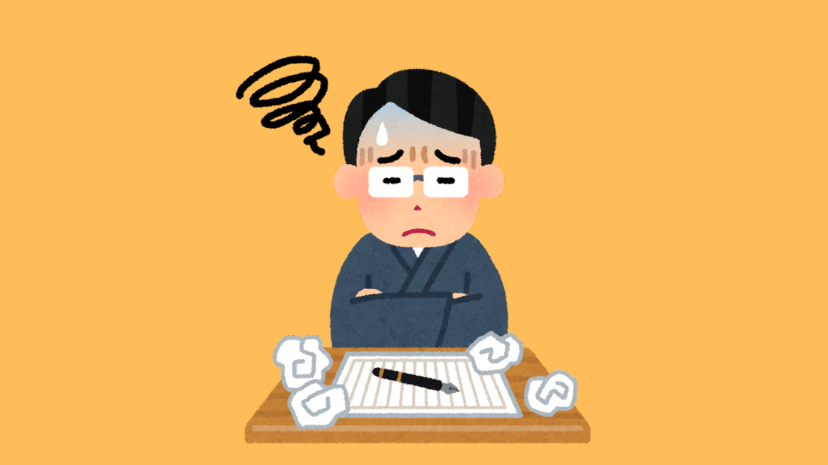As humans, we often have no control over the events that happen around or to us.
In the face of adversity, therefore, what we can or cannot do is not what matters most, but how we react to each obstacle. Through “The Travelers,” Bruno Catalano illustrated the adversity that is a common thing for emigrants: the move from one country to another is an event that cracks down their souls.

In my case, adversity first approached me three years ago.
At that time, my family lived in a town in central Colombia called Cajicá. We had a well-to-do position in the Colombian middle class. We did not have so many luxuries: we had a mid-quality car and were located on the outskirts of a dangerous neighborhood, but our family was comfortable.
It had taken 25 years before my parents could finally manage to move from an apartment in Bogota to that house in Cajicá, and it was a dream realized for them.
One Sunday morning, I woke up to news that my family had hoped for but didn’t think was a possibility. My father had received a job offer in Illinois.
In short, he competed with another five or six engineers from all over the world for the job and was, surprisingly, the chosen candidate. Especially surprisingly – in fact – because at that time he barely spoke English.
After he first interviewed for the job, everyone in my family forgot all about the job potential. After a few months without any answer from the company, we had all assumed my father had been rejected again. But in June, my father received an email confirming he had gotten the job.
No more than 20 words were sent in that email, but the reality of the situation fell over us with all its might and weight.
The company promised us limited benefits: two months with a free car and free housing, a pack of experts to help with the move and economic aid for the moving costs. Behind us we left two cars, our dream house and a significant amount of our items, sold or given away to relatives and friends.
The moving process delivered a domino-effect of obstacles to face.
We were first informed that my grandmother, 76, who had been living with us and dependent on my parents for 20 years, could not stay with us. Since then, every day we have the same thought: when will we see her? When will be the last time?
Crammed for two months in a single cabin, the responsibilities that fell on me felt, not like a suddenly heavy weight, but like a slow agony squeezing me and leaving less space to breathe each time.
As none of my family members were able to speak English, I read to them all the instructions for adapting to the U.S.: from tax instructions, to mail and road signs.
I managed the rent of the house and the acquisition of our car while searching for education, but my legal and economic situation meant my options were extremely limited.
I had the feeling that it was me against the world.
I was in a place with almost no support from my family or friends. Everytime I left home, it felt as if I was bombarded by the differences between what I knew and what I was experiencing: with every step I took, every time I spoke, and every time I attended a new class.
Life, in a simple sense, is nothing more than a conglomeration of random events, and I had no control over the obstacles presented to me. It took immense mental strength to overcome the adversity. It took time, and I had to train my mind not to get overwhelmed by the general situation.
Finally, after finding NIU, life settled down.
Not just by the fact of entering college, but it felt good to have some continuity in my studies. We gain some stability knowing that we don’t have uncertainty in our near future.
Life will always guide us into unknown paths, but what we must manage is our attitude toward change and our mental strength to survive at any price. That was the central idea that helped me and my family and the advice I’d give to anyone who feels stuck on one of life’s bad paths.
Keep thinking of the reason you must pass through your situation, because somehow, sometime, things will get better, and you’ve got what it takes.




















